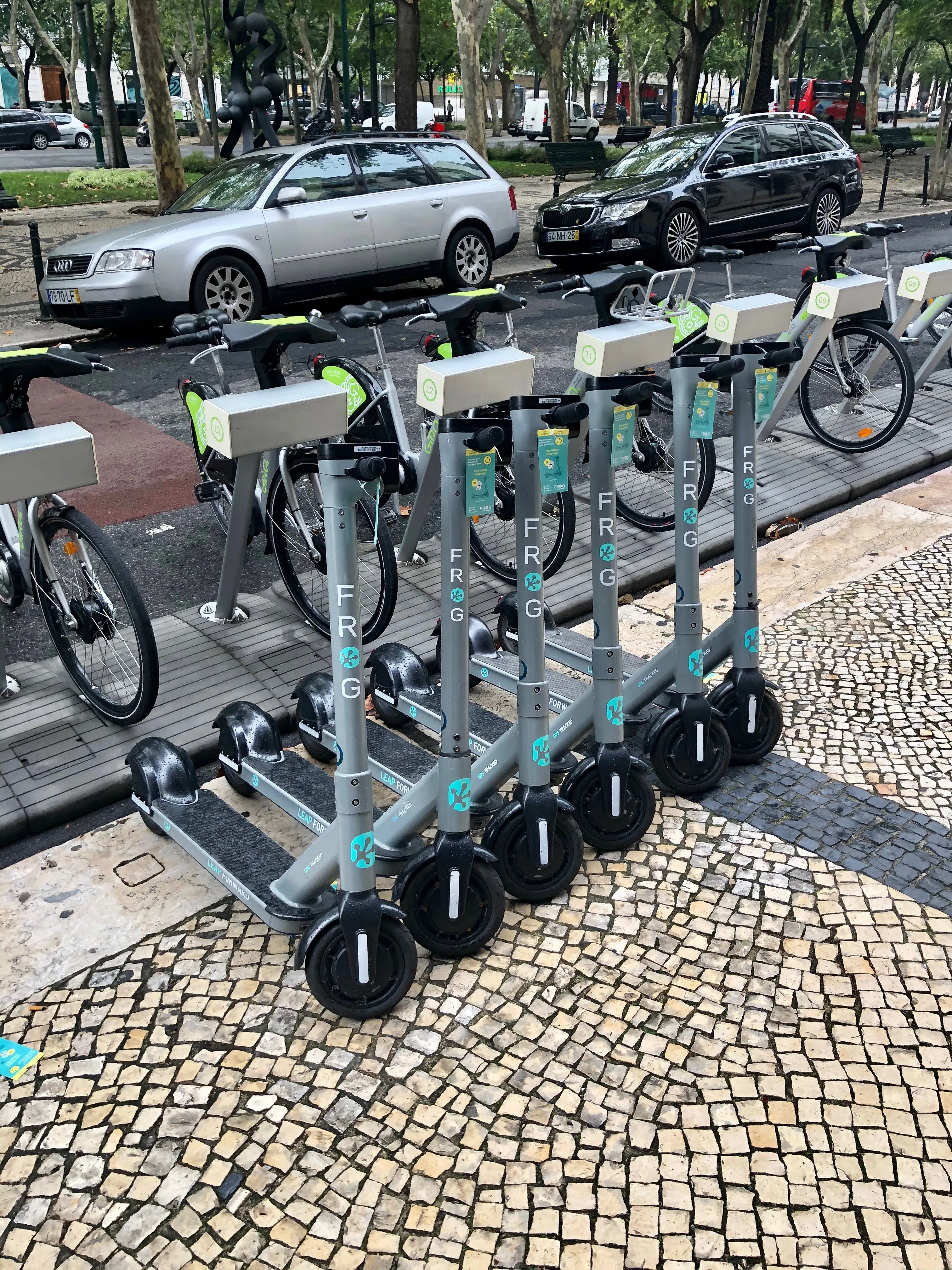The Association of Global Automakers, which represents international motor vehicle manufacturers, original equipment suppliers, and other automotive-related trade associations, has testified about the US National Highway Traffic Safety Administration’s (NHTSA) proposed voluntary driver distraction guidelines stressing the importance of an objective, performance-based, and technology neutral approach.
March 19, 2012
Read time: 2 mins
The 4074 Association of Global Automakers, which represents international motor vehicle manufacturers, original equipment suppliers, and other automotive-related trade associations, has testified about the US 2467 National Highway Traffic Safety Administration’s (NHTSA) proposed voluntary driver distraction guidelines stressing the importance of an objective, performance-based, and technology neutral approach.
“We agree with the agency’s goal of reducing the potential for driver distraction by providing uniform, modern guidelines for evaluating driver assistance and convenience features demanded by today’s consumers,” said Michael Cammisa, Global Automakers’ director of safety. “We need to make sure we get this right, it’s important to recognise that overly restrictive limits on in-vehicle devices could result in greater distraction as drivers substitute hand-held devices for those functions integrated into the vehicle, diminishing the effectiveness of the guidelines.”
Global Automakers says it supports state legislation for primary enforcement bans on the use of hand-held devices for texting and phone calls while driving.
“Our member companies are taking a comprehensive approach to automotive safety addressing both protection and prevention,” said Cammisa. “When designing in-vehicle features and their controls, automakers take into consideration usability, comprehension, and safety, all in the context of the driving environment.”
The Association says it looks forward to on-going collaboration with policymakers and other stakeholders to identify and evaluate potential ways to prevent or mitigate driver distraction.
“We agree with the agency’s goal of reducing the potential for driver distraction by providing uniform, modern guidelines for evaluating driver assistance and convenience features demanded by today’s consumers,” said Michael Cammisa, Global Automakers’ director of safety. “We need to make sure we get this right, it’s important to recognise that overly restrictive limits on in-vehicle devices could result in greater distraction as drivers substitute hand-held devices for those functions integrated into the vehicle, diminishing the effectiveness of the guidelines.”
Global Automakers says it supports state legislation for primary enforcement bans on the use of hand-held devices for texting and phone calls while driving.
“Our member companies are taking a comprehensive approach to automotive safety addressing both protection and prevention,” said Cammisa. “When designing in-vehicle features and their controls, automakers take into consideration usability, comprehension, and safety, all in the context of the driving environment.”
The Association says it looks forward to on-going collaboration with policymakers and other stakeholders to identify and evaluate potential ways to prevent or mitigate driver distraction.







